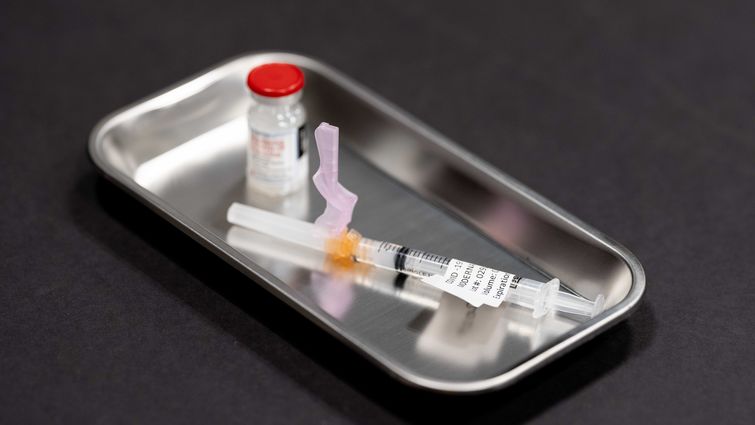
COVID-19 vaccine
The creation and distribution of coronavirus vaccines have been celebrated by many people, especially those in healthcare. Clinicians who have been caring for patients with COVID-19 are hopeful that the vaccine will be a vital step in decreasing and bringing an end to the pandemic.
Daniel K. Rogstad, MD, PhD, an infectious diseases physician at Loma Linda University Health, reviewed some common misconceptions about the vaccines and offered insight to resolve misunderstandings with reliable facts.
Myth: You don't need the vaccine if you already had COVID-19
Even after having COVID-19, you should still get vaccinated because you might be vulnerable to reinfection. Getting one dose of vaccine or having COVID-19 likely leads to only partial immunity. Also, we don't know how long natural immunity lasts, so getting the vaccine whether or not you’ve had COVID-19 strengthens your protection.
Myth: You can stop wearing masks after you receive the COVID-19 vaccine
The vaccines offer different amounts of protection against COVID-19, but none offer 100%. Since we don't yet know if vaccinated people can spread the virus (although preliminary reports are encouraging), it's important to continue wearing a mask around unvaccinated individuals if you are vaccinated. Wearing a mask limits both the exposure you have to others and the exposure they have to you, lowering your chances of spreading or catching any virus.
Myth: The mRNA vaccines’ technology is new, so you can't trust it
The mRNA vaccine technology has actually been around for many years. Scientists have been studying this method for 30 years, and multiple clinical trials have been performed using this method with other viruses, although none of these ever made it to phase 3 trials or are FDA-approved. In some cases, this may have been due to safety concerns, but in other cases, it is due to a lack of need for those vaccines at the time they could have been made available. An added benefit of mRNA vaccine technology is its relative simplicity and ease of manufacturing compared to traditional live and inactivated virus vaccines, which has allowed for accelerated vaccine development.
Myth: Adenovirus technology is used in this vaccine, so it could cause cancer
Adenoviruses can cause a wide range of illnesses, such as the common cold, “pink-eye,” and gastroenteritis. While they can cause cancer in certain laboratory animals, they do not cause cancer in humans. Adenoviral vector technology uses a specific adenovirus that is stripped away of its potential to replicate. The vaccine makers would not get approval to use a cancer-causing virus, and in this case, are only using the virus "shell.” A bonus to this technology is that the immune system is naturally stimulated by the adenovirus shell, so there is no need for an extra ingredient called an “adjuvant,” which is needed in many other vaccines to induce enough immunity.
Myth: The COVID-19 vaccines will alter your DNA
Nothing about the mRNA or adenovirus vaccine can lead to alteration of the cell's DNA or genetic code. Everything the immune system comes in contact with permanently alters it, which is part of the human immune system's beauty. The body can make more than 10 billion different types of antibodies, each recognizing a different type of invader — even before it has “seen” any of these invaders.
When one of the antibodies interacts with a foreign invader, it self-improves through a process that does permanently alter itself. But the coronavirus mRNA and viral vector vaccines aren't the only things that do this to the immune system — all vaccines do this, and so do all foreign invaders in the body.
The mRNA molecules are generally degraded by the cell relatively quickly. The mRNA vaccines are altered mRNA molecules designed in such a way that they are more stable. This gives more time for the spike protein to be created and the immune system to make an immune defense.
For more coronavirus information, visit lluh.org/coronavirus.
